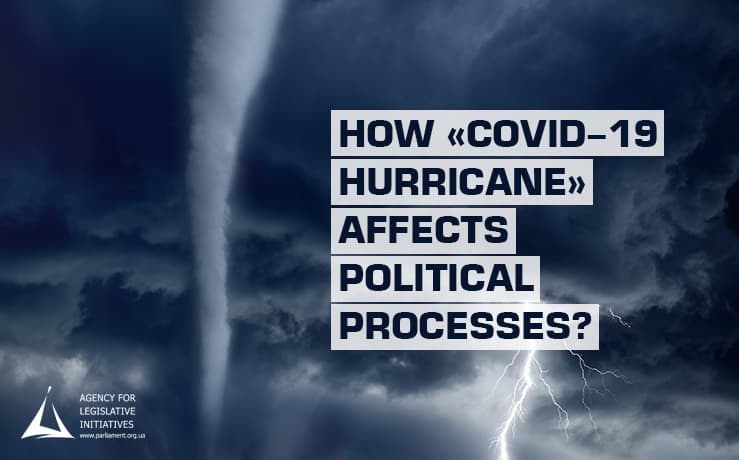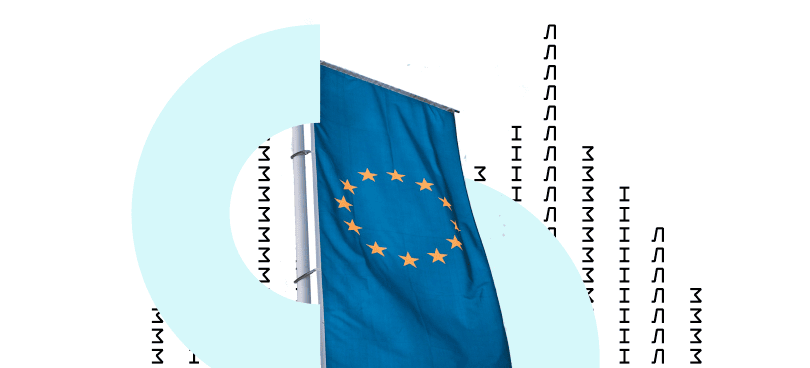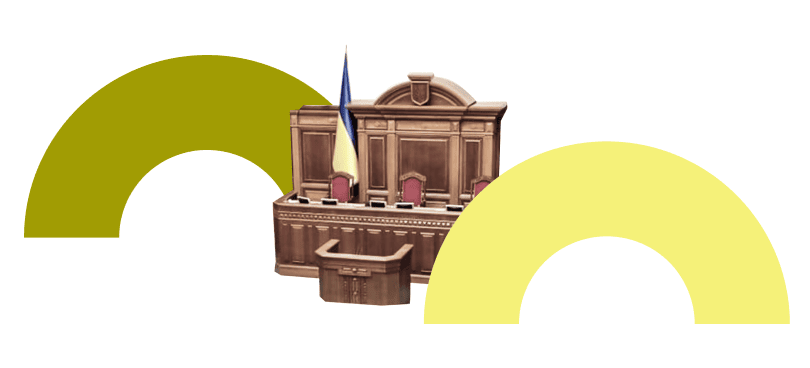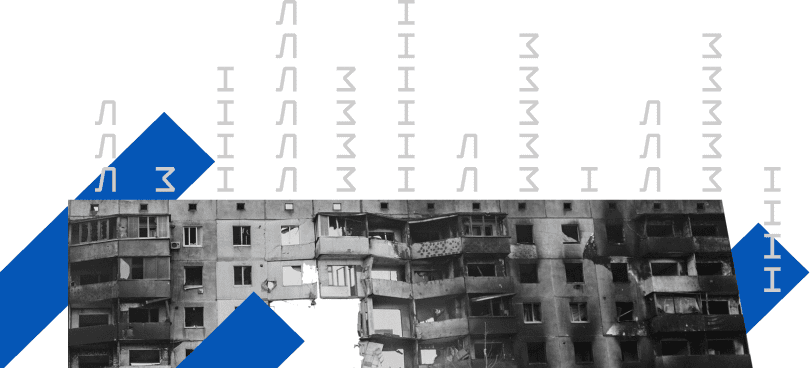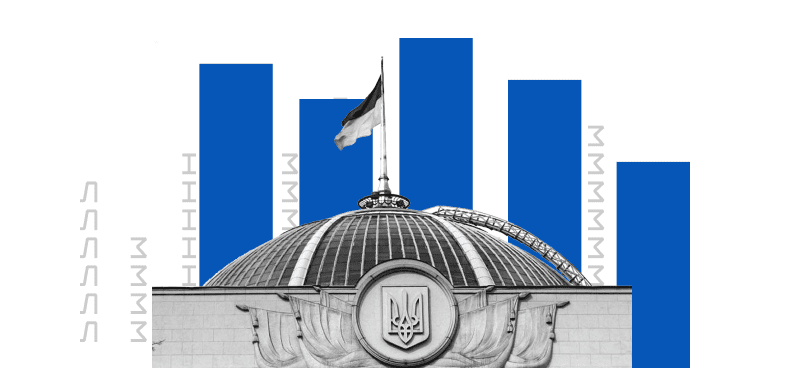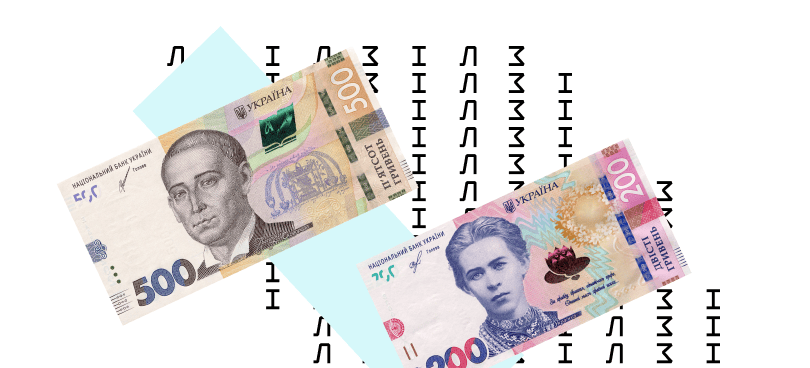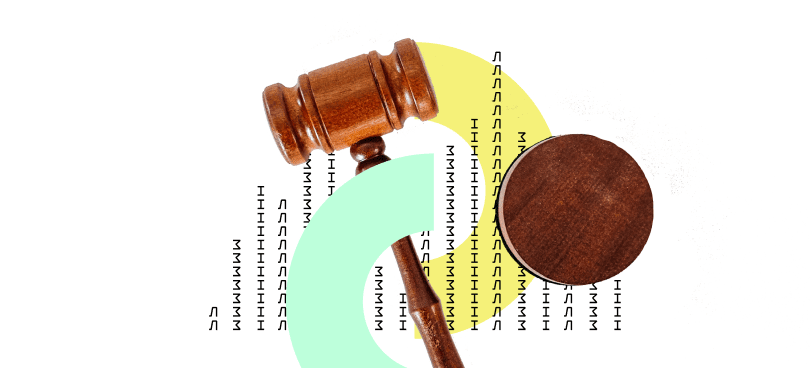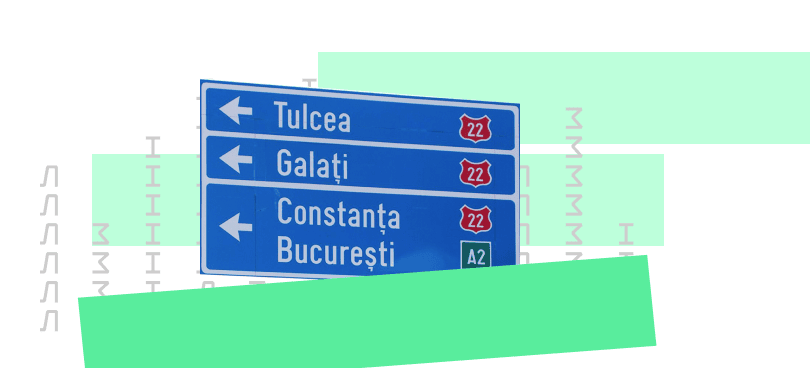Coronavirus is like a hurricane traveling the world. It takes lives, destroys economies, leads to the closure of State borders, the imposition of a state of emergency, and the imposition of severe quarantine. So how do those who are supposed to fight hurricanes work in these conditions? How does global turbulence affect individual governments?
It would seem that, in today’s situation, the institutions of each country must work as cohesively as ever: to unite for a common purpose, to develop a strategy of struggle quickly, and to carry out every step of it. But in some countries, instead of clarity and coherence, there is fear, confusion, and lack of communication, both within institutions of power and externally with society.
For ordinary citizens, the coronavirus pandemic is a hurricane, but for politicians, it is yet another spiral of opportunity and threat. Some may take a more advantageous position, while others may stay out of politics. The ruling forces are struggling to stabilize the situation and maintain their position, and the opposition is secretly hoping for government failures that will lead to a change of power.
In Ukraine, a coronavirus hurricane has already knocked down two ministers. And the vote to replace them for the first time did not find sufficient support. A fifth of the mono-majority splintered, jeopardizing the availability of financial assistance from the IMF. In the end, the right number of votes was found with the help of other factions, but a split majority in a crisis is a pretty dangerous signal. And Ukraine is not alone in the political vortex caused by the coronavirus.
Spain
Spain and Italy are on the brink of a political crisis. In Spain, the government failed to respond in time to the pandemic that was coming and alert its citizens.
Spain now has a weak minority government, so Prime Minister Pedro Sanchez did not want to risk his fragile hold on power by imposing harsh quarantine measures when the virus has not yet done much damage to the country. In early March, football matches were still taking place in Spain, attracting thousands of people. On 8 March, a rally for women’s rights, attended by 120,000 people, was not banned.
Together with the authorities, the seriousness of the disease was not understood by the citizens, who continued to live a normal life when it was necessary to prevent COVID-19 from spreading. As a result, the virus invaded Spain very quickly. The health care system, long considered one of the most efficient and quality in the world, is now unable to cope with the influx of COVID-19 patients.
France
French President Emmanuel Macron declared a coronavirus pandemic a war and called on citizens to mobilize. Together with other European countries, France has declared a quarantine, and citizens were allowed to leave the house only to buy food, visit a doctor, or go to work. Also, during the acute phase of the pandemic, all ongoing reforms were suspended, and the second round of municipal elections was postponed.
Germany
Germany has also declared a quarantine. In her address, Chancellor Angela Merkel noted the danger of the virus, which required mobilization and would probably lead to a change in the German citizens’ way of life. What does that mean for Miss Merkel herself? Since 2018, she has stated that by 2021 she intends to return to academic activities, leaving the post of Chancellor. But the coronavirus pandemic may adjust these plans. There is a possible scenario of postponing the next election and preserving the current political configuration for a period of crisis and recovery.
Although France and Germany have been criticized for the slow response to the pandemic, these countries have relatively calmly «gone» to quarantine, imposing extraordinary but necessary restrictions to combat the spread of the infection.
Hungary
In Hungary, the government led by Prime Minister Viktor Orban received carte blanche. Parliament granted him unlimited powers to manage the emergency, which were introduced through the coronavirus. Powers were granted indefinitely.
As a result, because of the pandemic, Parliament had been closed, future elections had been canceled, and, during the state of emergency, referendums could not be held. In fact, in Hungary, all power is now concentrated in the hands of only one State institution – the government. Therefore, Hungarian democracy found itself in a very precarious position. In particular, given that a state of emergency had been introduced, prison sentences were imposed for violations of epidemiological measures and the dissemination of false information. The latter, in turn, threatens the independent media against which the government, with unlimited power, can start a war.
Israel
In Israel, Prime Minister Benjamin Netanyahu appears to have been able to use the coronavirus to his advantage. In less than a year, the Knesset has been re-elected three times in Israel, and Netanyahu has been charged with corruption. However, the pandemic allowed the country to declare a state of emergency on 19 March. Criminal proceedings and questions about changing the premier have now been postponed.
Belgium
Belgium provided an example of cohesion during the crisis. Since May 2019, this country wasn’t able to form a new Government. But the outbreak of coronavirus infection has spurred political forces to unite – in a short time, an interim government has been established that will act with the sole purpose of overcoming the coronavirus.
The provisional government in Belgium gained extraordinary power. It will be able to pass the necessary laws to counter the pandemic without the need for a full legislative process and parliamentary approval. Such laws shall be declared by royal decree and shall take effect immediately. Some Belgian parliamentarians have expressed fear that the new government will abuse its power on issues unrelated to the fight against the virus. But whether this will harm democracy will be seen later. So far, the good news is that there are officials in Belgium who have taken responsibility for controlling the disease.
«Republic of Kosovo»
At the height of the European pandemic, the Parliament, unrecognized by Ukraine, of the «Republic of Kosovo» dismissed the government there, which had managed to work for less than two months. This occurred after the coalition was unable to agree on a state of emergency. The day before, the Head of the Government of the «Republic of Kosovo» dismissed the Minister of the Ministry of Internal Affairs, who called for a state of emergency. In the opinion of the Prime Minister, such a drastic step is not justified, and the head of the Ministry of Internal Affairs «spread panic, stating that the number of people infected by coronavirus increases with each hour».
As a result, the party, of which the «Minister of the Ministry of Internal Affairs» was a member, initiated the resignation of the entire local «government». The political crisis began in the country. How the «state apparatus» will function now is unknown. It is impossible to hold «early elections» due to the spread of the disease.
But the coronavirus pandemic is not just affecting domestic politics. Some countries try to exploit the vulnerability of other States to their advantage.
Russia on the international scene
Russia sent to Italy, the epicenter of coronavirus in Europe, disinfectants and military generals – the trademark of Russian «humanitarian aid». In this way, perhaps, Russia is trying to solidify itself on the political stage in Italy, one of its largest supporters in the European Union Russia wants to strengthen its arguments in favor of lifting or at least easing the sanctions because of coronavirus – a global threat that overshadows all existing conflicts.
The influence of Russia can also be seen in the temporarily occupied territories of Donetsk and Luhansk regions of Ukraine. The leaders of the French and German Foreign Ministries reported the previous day that the ORDLO occupiers were using the coronavirus as a cover to obstruct the work of the OSCE monitors. In particular, the militants restricted the access of the Special Monitoring Mission in the occupied territory of the Donetsk region due to the «quarantine». Therefore, the actual status of morbidity in the temporarily occupied territories of Donetsk and Luhansk regions of Ukraine is hidden from international observers.
The coronavirus hurricane is not over yet, but it has helped some countries to form a new government and consolidate themselves, another to consolidate the old power, and yet others to reverse the destruction of the old political landscape. Its winds have already brought new practices of telecommuting to government, electoral and other innovations into the political life of the world. The political plane «after the quarantined world» can suffer no less substantial, irreversible, and unpredictable changes than the daily life of people.

